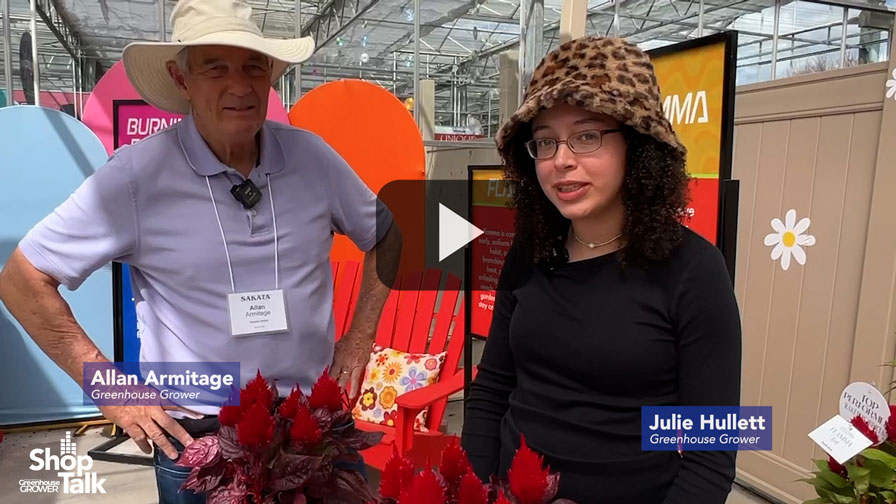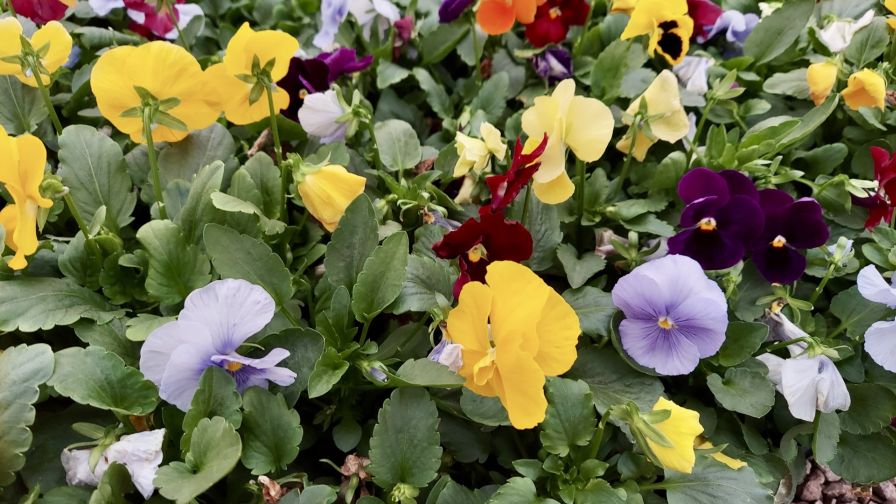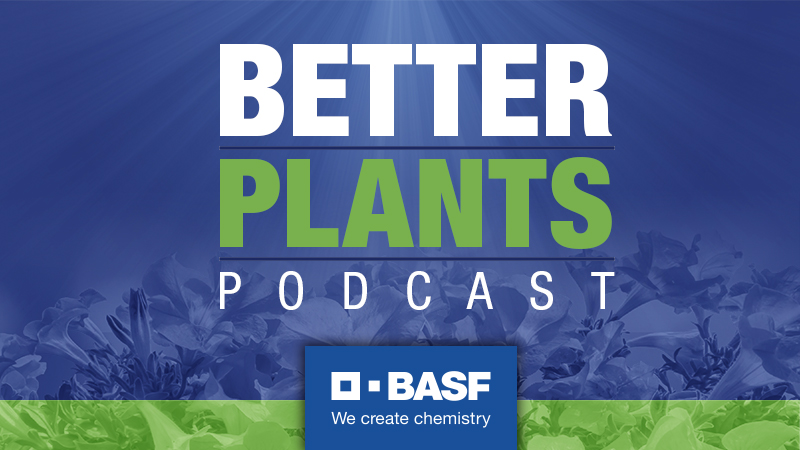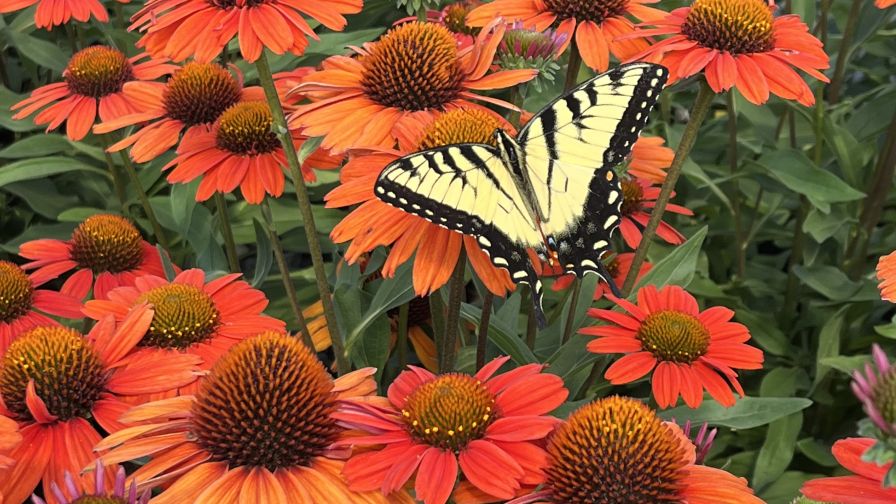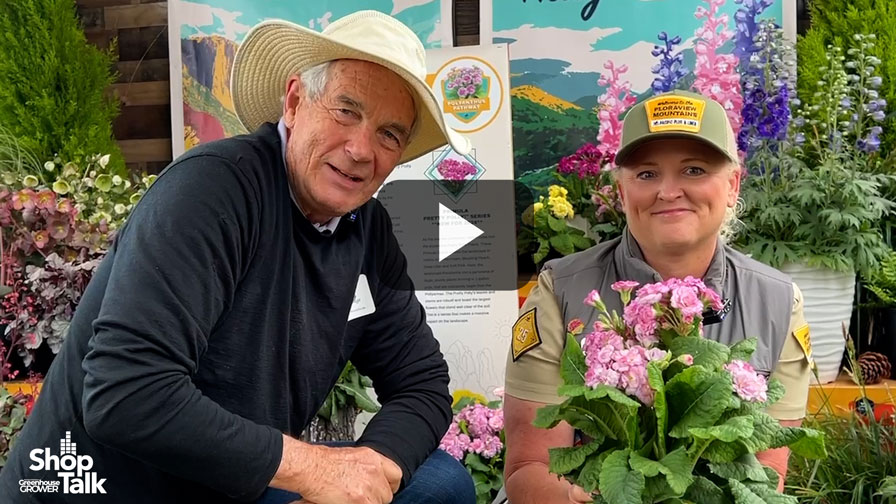Industry Update: RISE Comments On Seattle Citywide Ban Of Neonicotinoids
Seattle City Council voted unanimously last week to pass a ban on the purchase and use of neonicotinoids on city property.
According to the ban — Resolution 31548 — the city will not purchase or use any neonicotinoid pesticides for any purpose and will only use pollinator-friendly methods of weed and pest control on any city-owned or operated land.
The city will support a national moratorium on the sale and use of neonicotinoids, and says it strongly urges the U.S.House of Representatives to pass the Save America’s Pollinators Act (H.R. 2692) and the Environmental Protection Agency (EPA) to suspend the registration of imidacloprid, clothianidin, thiamethoxam, dinotefuran and any other neonicotinoids until the EPA can complete its environmental assessments.
The city also urged the White House Task Force on Pollinator Health to recommend or institute an immediate moratorium on all uses of neonicotinoids and for businesses operating within Seattle to take immediate steps to ensure no plants, seeds or products containing neonicotinoids are purchased, sold or used within the city.
The vote comes after a committee of the Seattle City Council endorsed a ban on September 17 on the purchase and use of neonicotinoid products on city property. According to information from Responsible Industry for a Sound Environment (RISE), the measure includes supportive language for sales and use bans for all use patterns, including plants, seeds or products containing neonicotinoids in the city, and support for a national moratorium on products.
Similar bans have already passed in Eugene, Ore., and Spokane, Wash. Passage in Seattle creates momentum for state legislation calling for neonicotinoid prohibitions and possibly for a state pesticide preemption roll back.
Karen Reardon of RISE reported that there was more representation at the city council meeting of those who opposed the resolution than those who supported it. Representatives from both the Washington and Oregon nursery associations, as well as from the pesticide industry were either at the meeting or represented through written comments. Reardon said there was also a beekeeper present at the meeting opposing the measure.
“We had a great cross section of industry members represented,” Reardon says. “Everyone spoke to the benefits of the products, their necessity, as well as their safety.”
Reardon says the measure was being advanced by anti-pesticide activists who have pesticide restrictions on their agenda, but are not necessarily focused on bee health.
“The city already has a fairly restrictive IPM program in place, so they are using little to no pesticides on city property already,” Reardon says, adding that the decision seemed to be “a solution in search of a problem where none exists.”
Monday’s decision is simply a prohibition on the city’s use of neonicotinoids, but Reardon says the discussion among council indicated that they are looking to expand the ban further.
“If they were to go to a broader restriction, that would be quite significant,” Reardon says. “These products represent an enormous advancement in technology, and these local measures really dial back on the safety for everybody, even pollinators.”
Reardon says it’s important for industry members to have conversations where they can about their use of the product, so the public understands why they’re necessary.




